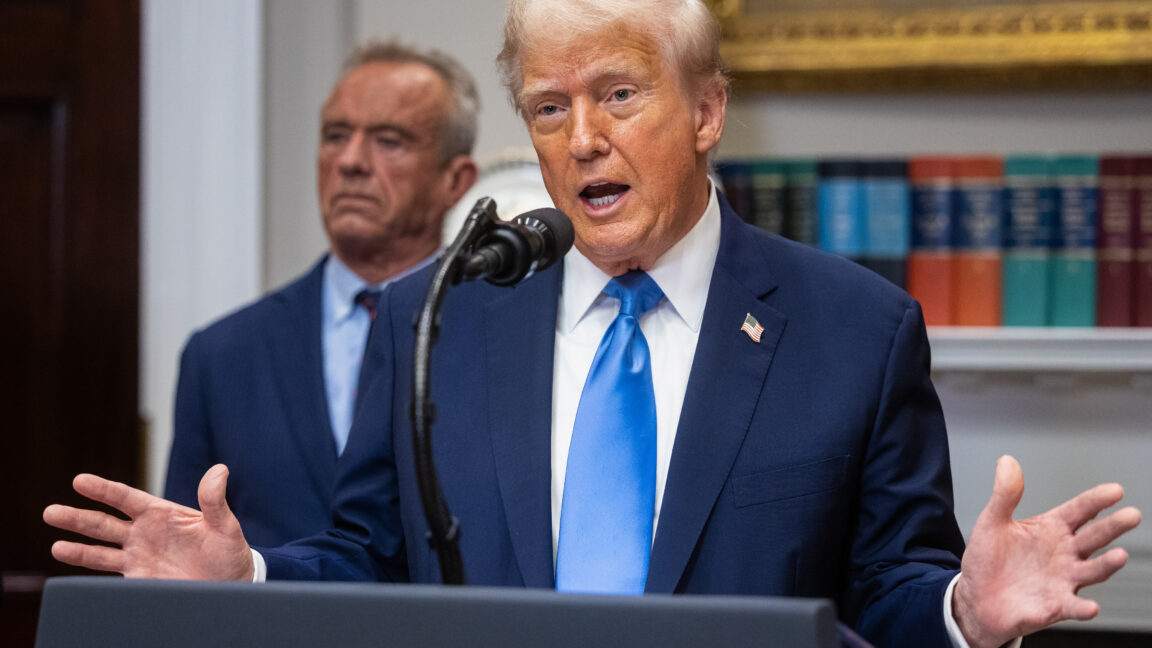
“A Betrayal”
Jena and colleagues examined the larger context, comparing the number of canceled trials in each treatment category to the total number of all funded trials in those categories. For example, while 30 percent of the 383 canceled trials were cancer trials, the 118 canceled cancer trials accounted for only 2.7 percent of the total 4,424 cancer trials funded in the study period. Canceled infectious disease trials, on the other hand, account for more than 14 percent of all infectious disease trials funded (675). The categories most affected were infectious diseases, respiratory diseases and cardiovascular diseases.
The researchers also looked at the purpose of the canceled trials – for example, treatment, prevention, supportive care or diagnosis of a disease. Of the 383, 140 were for treatment and 123 were for prevention.
The authors say they were not able to determine the reasons given for the cancellations (if any) or compare this year’s trial cancellations to trends from previous years, which could provide more context for the reductions. There is not similar comprehensive data on clinical trial cancellations in previous years, the authors said, noting that “expiration of federal grant funding before 2025 was rare.”
In the accompanying editor’s note, Teva Brander and Cary Gross criticized the apparent cancellation. Canceling trials already underway, they write, would be “a waste of valuable time, effort, and resources of participants and investigators,” because “considerable sunk costs” have already been incurred. It also “stifles scientific discovery and innovation.”
But “premature and scientifically inappropriate trial termination has a more direct and serious effect: a violation of the fundamental ethical principles of human participant research,” they write. “First and foremost, this is a betrayal of the basic principles of informed consent for research.” And “Participants who are exposed to an intervention in the context of a trial may be harmed by its premature withdrawal or inadequate follow-up and monitoring for adverse effects.”
More than 74,000 trial participants entrusted researchers with “their health and hope”, but even if trial funding is restored – as it may be for some – it will “minimise the damage”.
